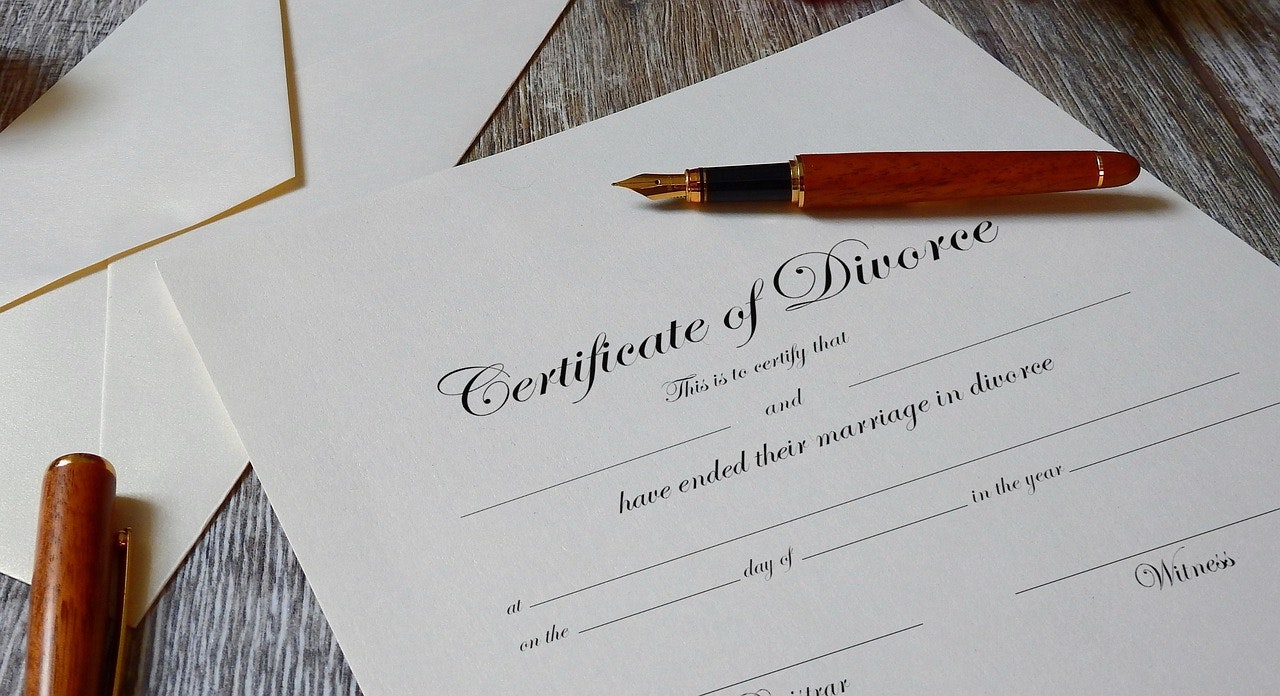about our firm
Preserve your legacy for generations.
At Nici Law Firm, we specialize in simplifying estate planning, probate, and trust administration for families across Naples. With over 25 years of experience, we offer tailored legal solutions to protect your assets from damages, divorce, and disability. Our board-certified attorney combines local expertise with personalized care, helping you feel confident about your estate’s future. From securing inheritances to navigating probate, we’re here to guide you through every stage of life with clarity and reliability.

"We simplify complexity."
James Nici, Attorney
practice areas
Get to know what we do best.
Jim is one of a kind, trustworthy, knowledgable, experienced, dedicated, and accommodating professional in all areas of his practice. The time he spends with clients to explain the intricacies of estate planning is invaluable.
G.B.
We have found Jim to be thoughtful, creative and practical. He has shared our vision of wanting to share our plans and prepare our family for the inevitable future. We highly value his judgment and advice and have done so for more that 20 years.
B.B.
Jim Nici and Alexa were terrific. Handled all the paperwork, answered our questions in detail and suggested alternate ways to plan our estate to ensure our children and grandchildren were taken care of. Very professional and responsive to our needs.
L.G.
Legal Blog
We simplify complexity.
Preparing for Probate: What Families Should Know About Estate Administration in Florida
Planning for Incapacity: The Importance of Advance Directives & Power of Attorney Documents
Florida Domicile and Estate Planning: Why Residency Matters
Shielding Your Estate from Creditors: What You Need to Know
Trust vs. Will: Which One is Right for You?
Estate Planning for Blended Families: Balancing Fairness and Protection
IRA Planning Deadline Reminder: What You Need to Know About Required Minimum Distributions and Beneficiaries
End-of-Summer Checklist: Is Your Estate Plan Up to Date?
What’s the Difference Between a Living Will and a Living Trust?
Leaving a Legacy: Including Charitable Giving in Your Estate Plan
How to Minimize Estate Taxes and Maximize Inheritance for Your Loved Ones
Trusts 101: What They Are and When You Need One
Digital Estate Planning: Protecting Your Online Assets and Accounts
Can I Handwrite My Will? Legal Myths About Estate Planning
Understanding Revocable vs. Irrevocable Trusts: Which One is Right for You?
Avoiding Fireworks: How a Well-Crafted Will Prevents Family Disputes
Vacation Home in the Family? How to Protect It with a Trust
How to Avoid Family Disputes Over Your Estate
What Happens If You Die Without a Will? (Spoiler: It’s Not Ideal)
Why You Should Update Your Estate Plan After Major Life Changes
Why Summer Is the Perfect Time to Revisit Your Estate Plan
Passing Down the Family Vacation Home: Estate Planning Tips for Generational Ownership
Common Estate Planning Mistakes and How to Avoid Them
Estate Planning for Blended Families: Ensuring a Fair Distribution
Avoiding Probate: How Trusts Can Save Your Family Time and Money
Blended Families and Estate Planning: Avoiding Inheritance Disputes
Irrevocable vs. Revocable Trusts: What’s Right for You?
How to Minimize Estate Taxes with Proper Planning
Understanding the Tax Implications of Trust Distributions
The Trustee's Duties and Responsibilities Explained
Handling Disputes Among Trust Beneficiaries: A Guide
Trust Administration 101: What Trustees Need to Know
Supplemental Needs Provisions: Ensuring Inheritances Support, Not Hinder, Beneficiaries
Protecting Inheritance from Divorce Claims: Understanding "Restrictions Applicable to a Married Beneficiary"
Protect Your Legacy: Why A Creditor Protected Trust Is Essential
Understanding Estate Planning and Probate
Common Questions About Protecting Your Estate
Estate planning and probate can be complex, but we’re here to make it simple. Below, we’ve answered some of the most common questions clients ask when starting their journey.
What is estate planning, and why is it important?
Estate planning organizes your assets and creates legal documents, such as wills and trusts, to ensure your wishes are honored after you pass away. It helps minimize taxes, avoid disputes, and provide clarity for your loved ones. Without proper planning, your estate may face costly legal processes and potential family conflict. Our team helps create a personalized plan to protect your assets and secure your family’s future in alignment with Florida laws.
What’s the difference between a will and a trust?
A will is a legal document that outlines how your assets will be distributed after your death, while a trust manages your assets during your lifetime and beyond. Trusts can provide added benefits like avoiding probate, reducing estate taxes, and maintaining privacy. Choosing between a will and a trust depends on your specific needs. At Nici Law Firm, we can guide you through the best options to ensure your estate is protected.
What happens if someone dies without a will in Florida?
If someone dies without a will, Florida’s intestacy laws determine how their assets are distributed. This process prioritizes immediate family members but might not align with your wishes. Without a will, the estate could face delays, higher costs, and disputes among heirs. Creating a will ensures your assets go to the right people while avoiding unnecessary complications. Our team helps you establish a will that protects your loved ones and reflects your intentions.
How does probate work in Florida?
Probate is the legal process of validating a will, paying debts, and distributing assets to heirs. Florida probate can involve significant paperwork and court proceedings, which may feel overwhelming during an already emotional time. Our firm simplifies the process by managing the legal steps on your behalf. From filing necessary documents to resolving disputes, we guide families through probate efficiently and compassionately, ensuring the estate is handled according to Florida laws.
Can I protect my estate from creditors?
Yes, there are legal strategies to safeguard your estate from creditors. For example, creating irrevocable trusts or structuring inheritances can shield assets from potential claims. Proper planning ensures your hard-earned wealth is preserved for your loved ones. At Nici Law Firm, we specialize in crafting creditor-protected solutions tailored to your circumstances, giving you peace of mind and security for future generations.
What are advance directives, and why do I need them?
Advance directives are legal documents that outline your preferences for medical care if you’re unable to communicate them yourself. These include living wills and health care proxies, which ensure your healthcare wishes are followed. Having these directives in place provides clarity for your family and reduces stress during difficult times. At Nici Law Firm, we can help you create advance directives that reflect your values and give you control over your medical decisions.
How do I start planning my estate?
To start planning your estate, consider your goals, assets, and beneficiaries. Gather key documents, such as property deeds and financial records, and think about who you’d like to manage your affairs. Scheduling a consultation with an experienced estate attorney is the next step. At Nici Law Firm, we guide you through this process, ensuring your plan meets your unique needs and complies with Florida law, so you can confidently protect your legacy.




































